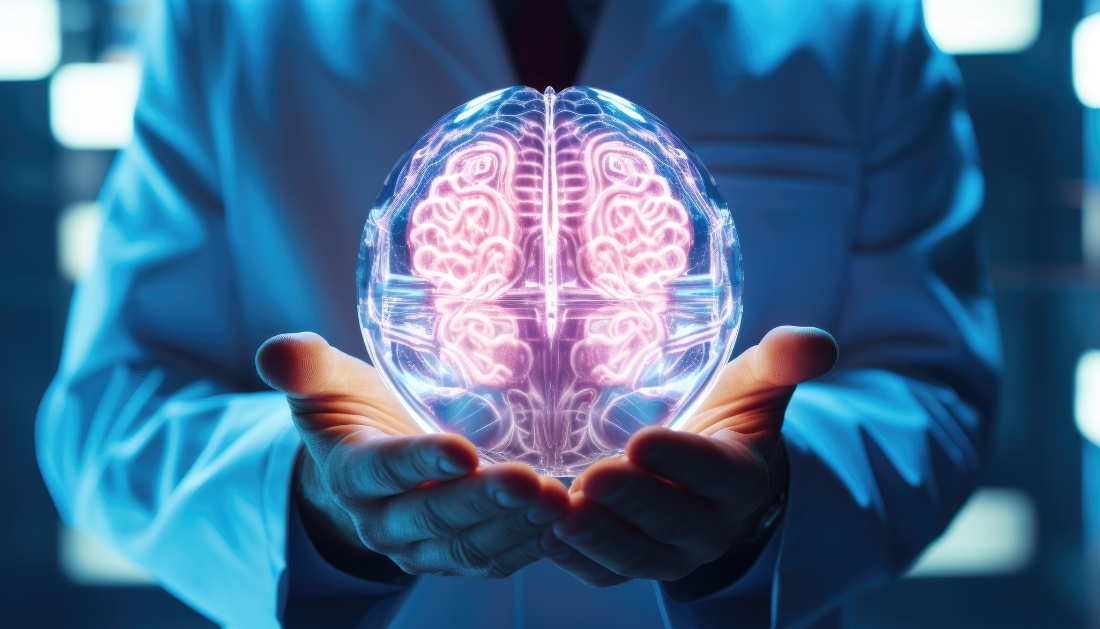

Using fluorescent calcium sensors, Tohoku University researchers have now tracked astrocyte activity and found that it begins about 20 seconds prior to the commencement of epileptic neuronal hyperactivity. This implies that astrocytes have a major role in inducing epileptic seizures by promoting the neuronal circuit’s hyperdrive.
On April 9, 2024, these results were published in full in the journal Glia.
Nearly half of the brain is made up of non-neuronal glial cells called astrocytes. It has been demonstrated that they regulate the metabotropic and ionic conditions locally. However, due to their lack of readily observable electrical activity, their significance in brain function has been generally overlooked. This is being altered by fluorescent sensor proteins, which provide additional insight into the fascinating activity of astrocytes.
“Astrocytes appear to have a determinant role in controlling the state of neuronal activity and synaptic plasticity both in physiological and pathophysiological situations,” said the study’s principal investigator, Professor Ko Matsui of Tohoku University’s Super-network Brain Physiology lab. “Therefore, astrocytes could be considered as a new therapeutic target for epilepsy treatment.”
The astrocyte calcium increased significantly in response to this stimulation, the researchers observed, and this was followed by an epileptic neuronal hyperactivity episode. The amount of epileptic neuronal excitability was greatly decreased when fluorocitrate was applied to the astrocytes to limit their metabolic activity. All of these suggest that astrocytes may be able to regulate neural activity.
Shun Araki, the study’s lead scientist, emphasized that astrocytes’ abilities could be used to treat a variety of neurological disorders with the right direction. This covers epilepsy as well as the possibility of improving cognitive capacities over and above their inherent constraints.
For more information: Astrocyte switch to the hyperactive mode, Glia, DOI: 10.1002/glia.24537
more recommended stories
 Tuberculosis Breakthrough with Experimental Antibiotics
Tuberculosis Breakthrough with Experimental AntibioticsKey Takeaways Experimental antibiotics disrupt a.
 National Healthy Longevity Trial Receives Federal Support
National Healthy Longevity Trial Receives Federal SupportKey Summary Up to $38 million.
 Vascular Health Linked to Early Alzheimer’s Brain Changes
Vascular Health Linked to Early Alzheimer’s Brain ChangesKey Takeaways Brain vascular health is.
 Red Blood Cells Improve Glucose Tolerance Under Hypoxia
Red Blood Cells Improve Glucose Tolerance Under HypoxiaKey Takeaways for Clinicians Chronic hypoxia.
 Nanoplastics in Brain Tissue and Neurological Risk
Nanoplastics in Brain Tissue and Neurological RiskKey Takeaways for HCPs Nanoplastics are.
 AI Predicts Chronic GVHD Risk After Stem Cell Transplant
AI Predicts Chronic GVHD Risk After Stem Cell TransplantKey Takeaways A new AI-driven tool,.
 Red Meat Consumption Linked to Higher Diabetes Odds
Red Meat Consumption Linked to Higher Diabetes OddsKey Takeaways Higher intake of total,.
 Pediatric Crohn’s Disease Microbial Signature Identified
Pediatric Crohn’s Disease Microbial Signature IdentifiedKey Points at a Glance NYU.
 Nanovaccine Design Boosts Immune Attack on HPV Tumors
Nanovaccine Design Boosts Immune Attack on HPV TumorsKey Highlights Reconfiguring peptide orientation significantly.
 High-Fat Diets Cause Damage to Metabolic Health
High-Fat Diets Cause Damage to Metabolic HealthKey Points Takeaways High-fat and ketogenic.

Leave a Comment